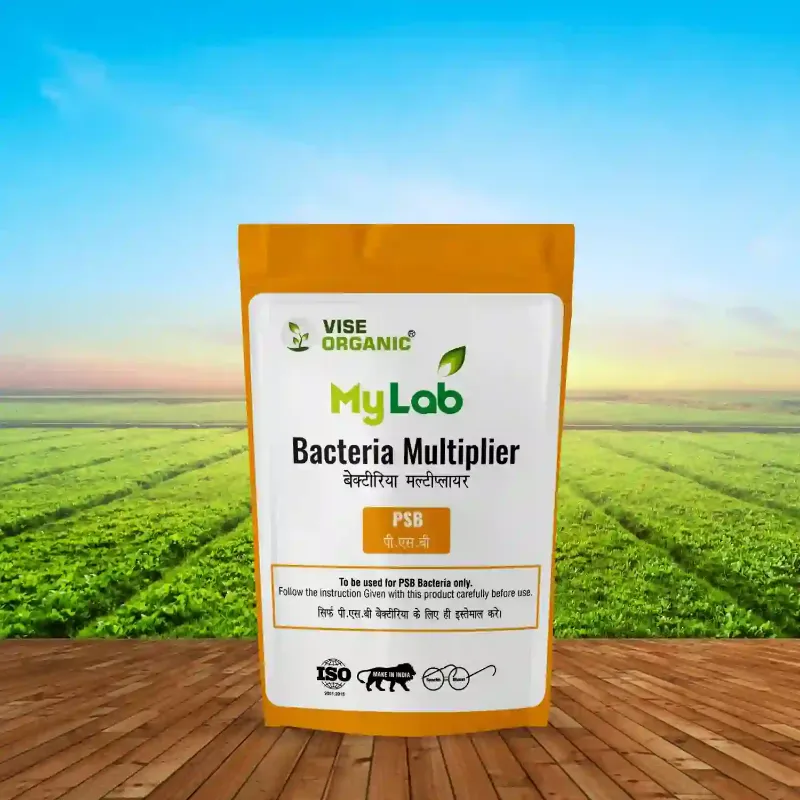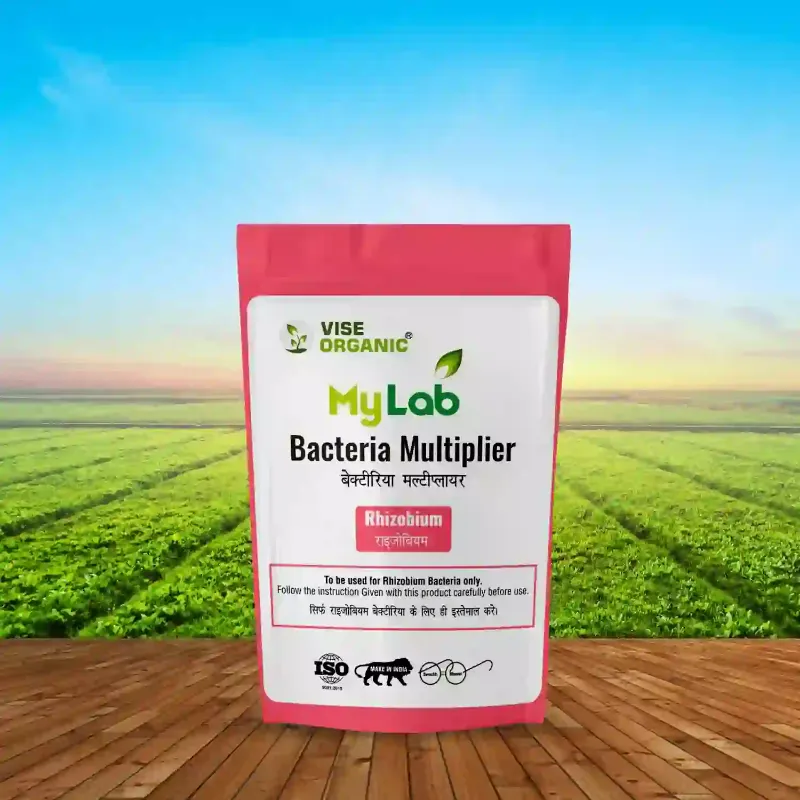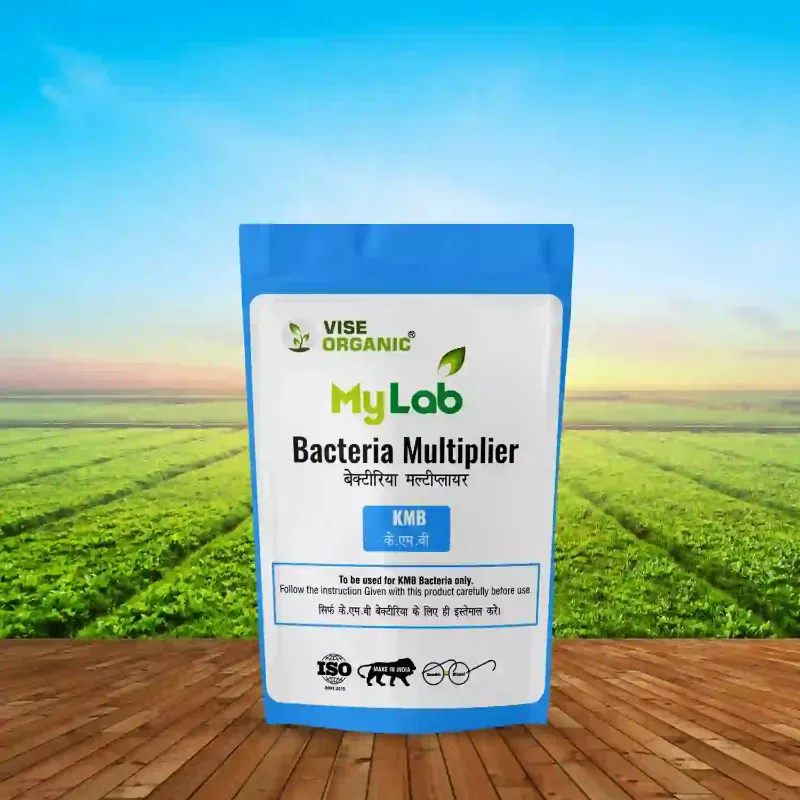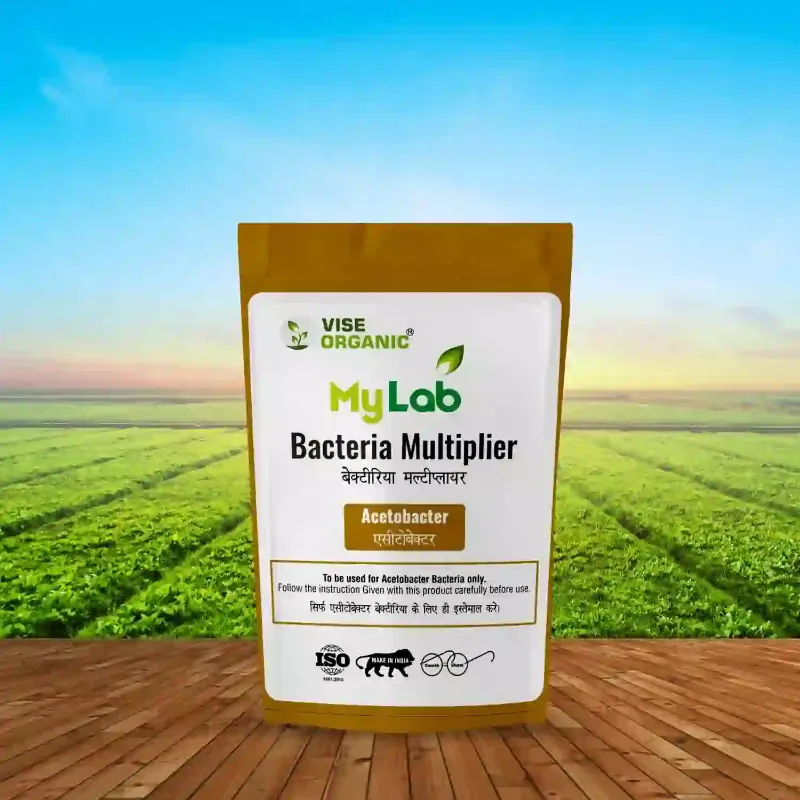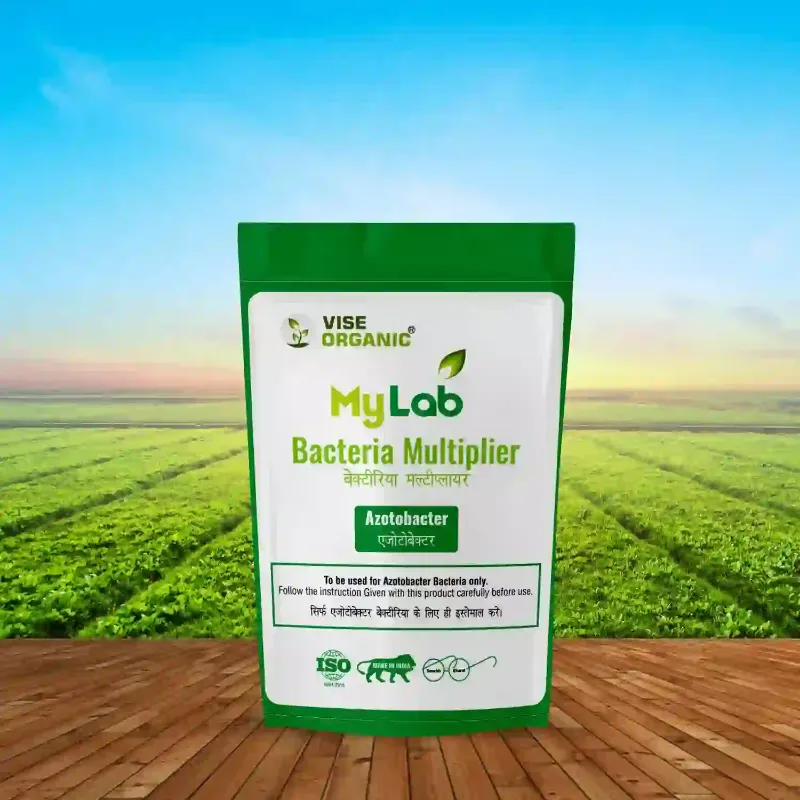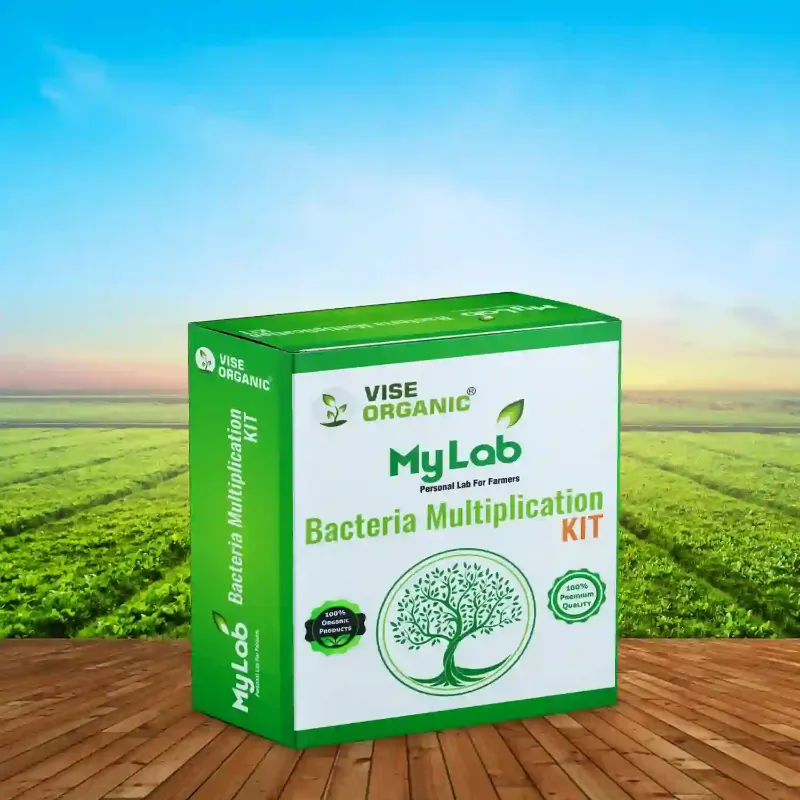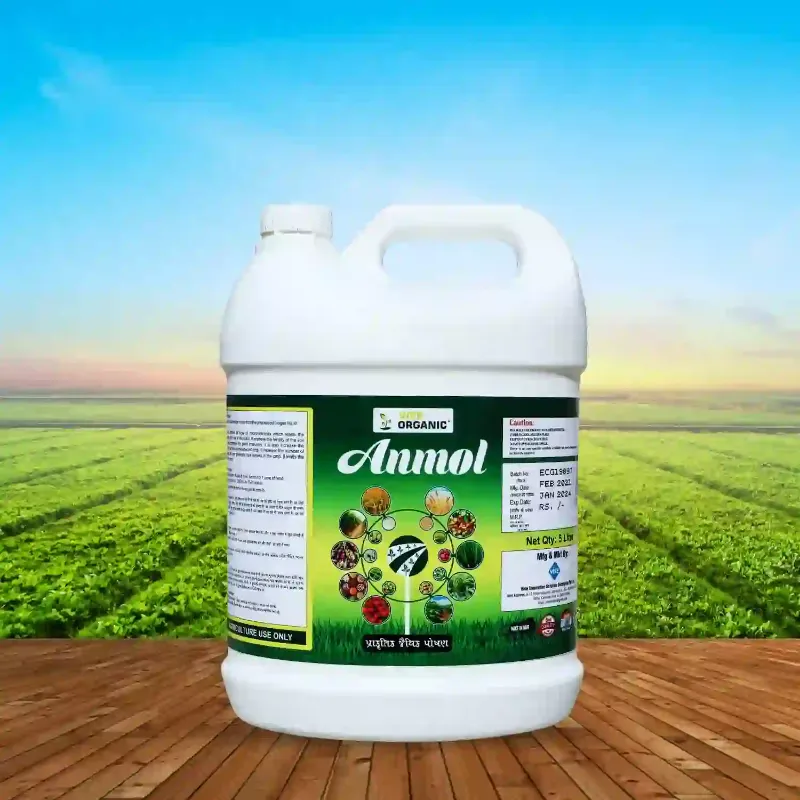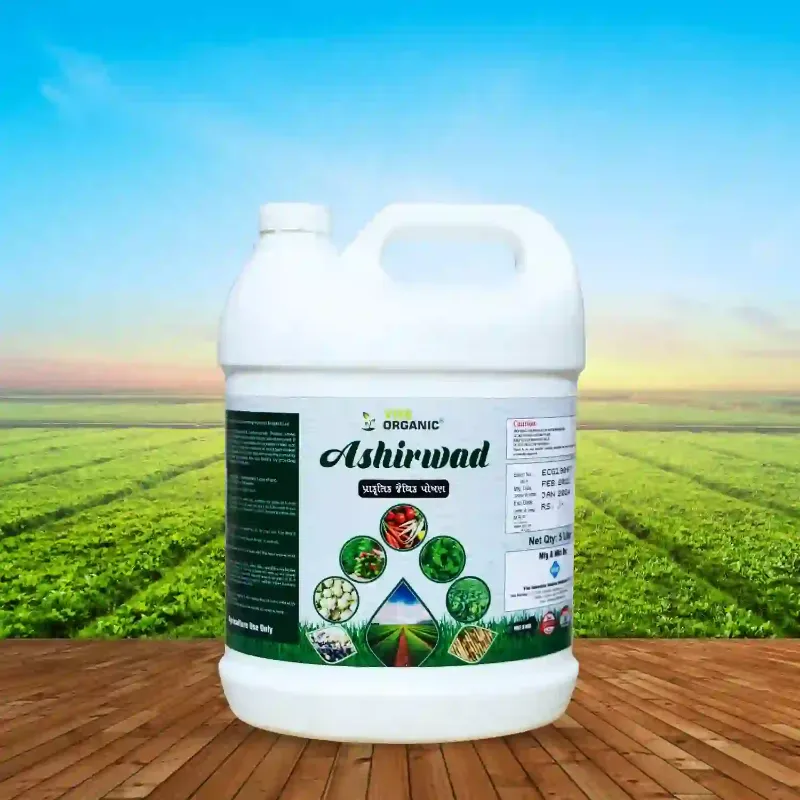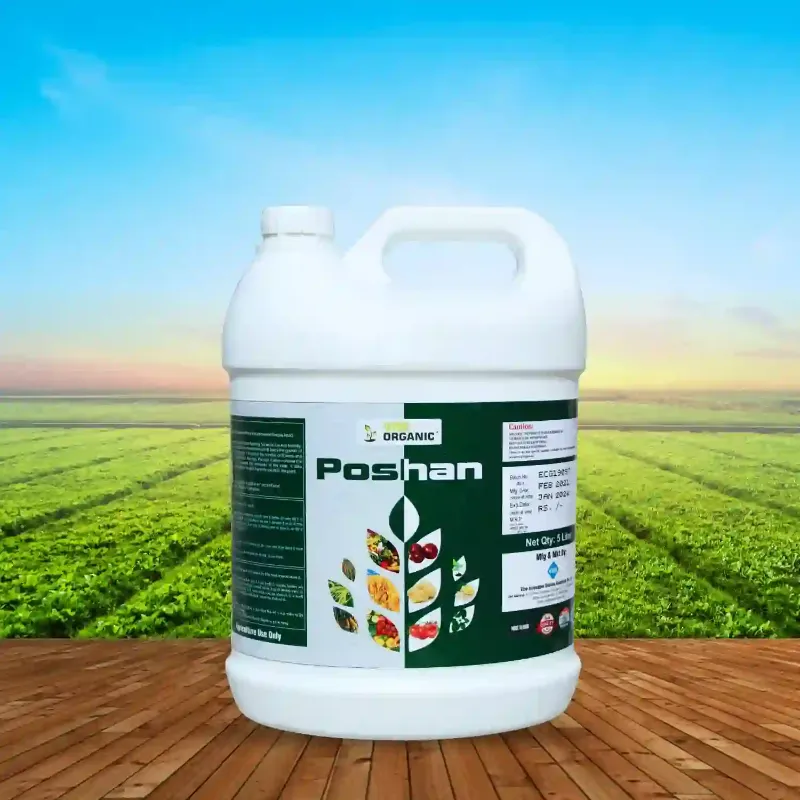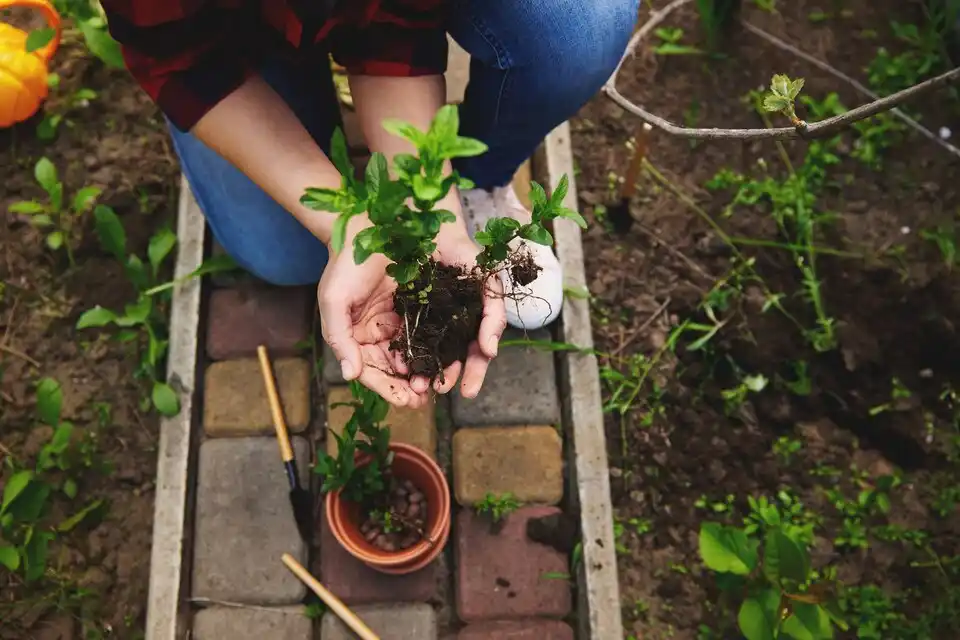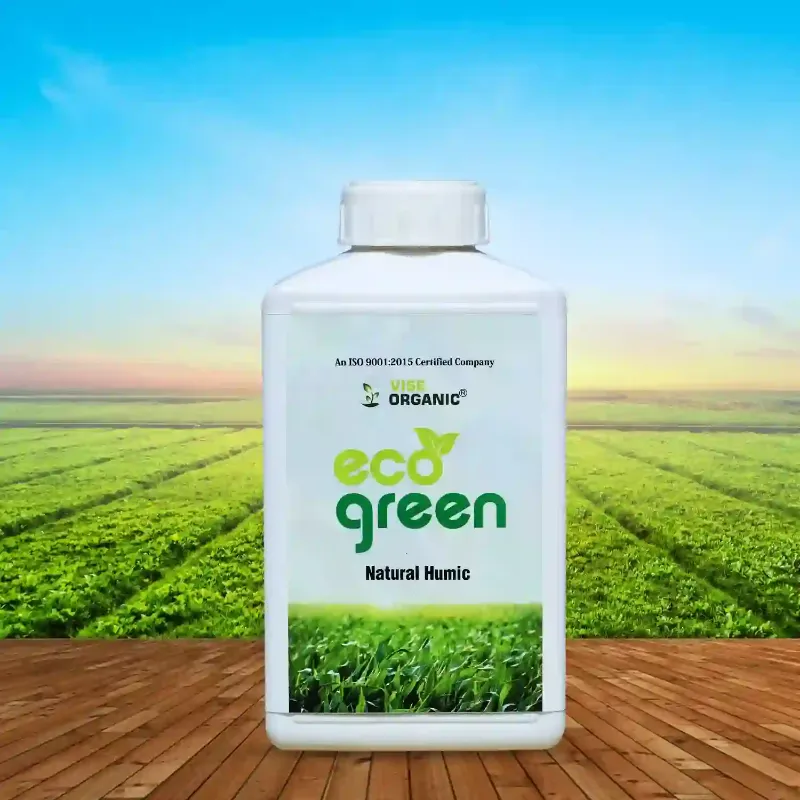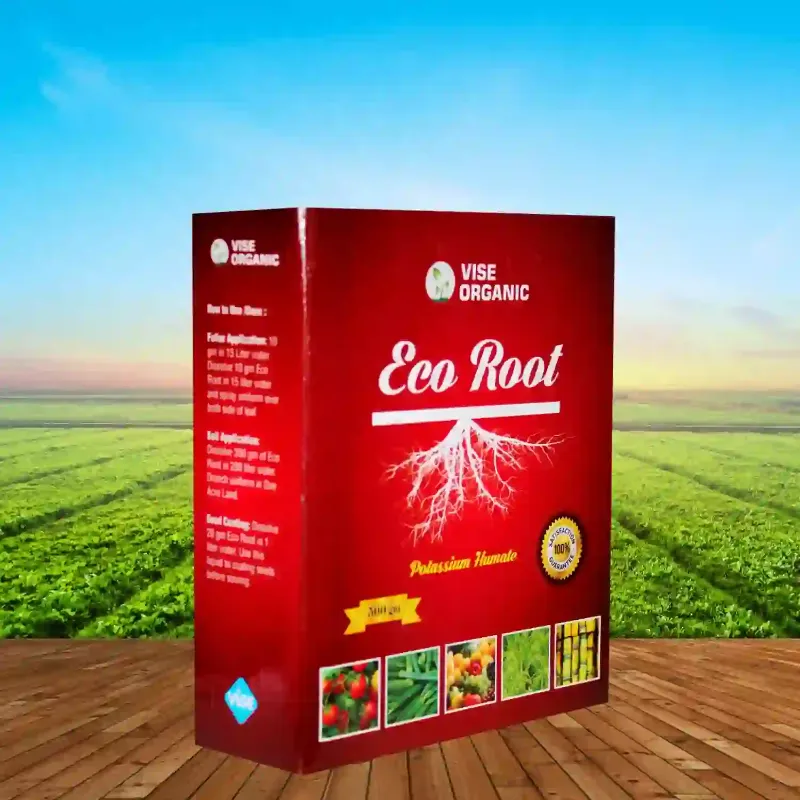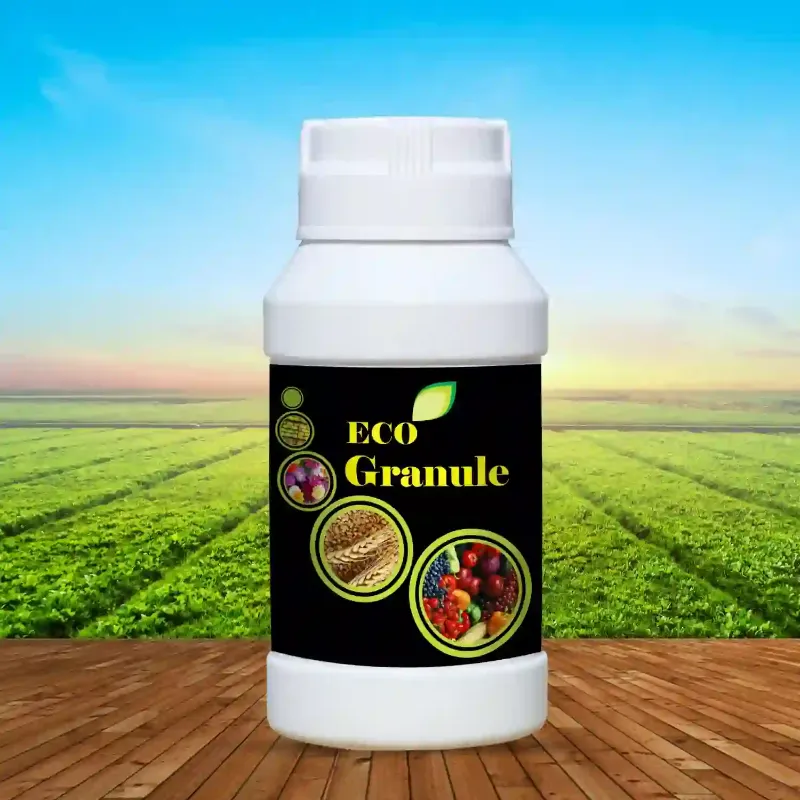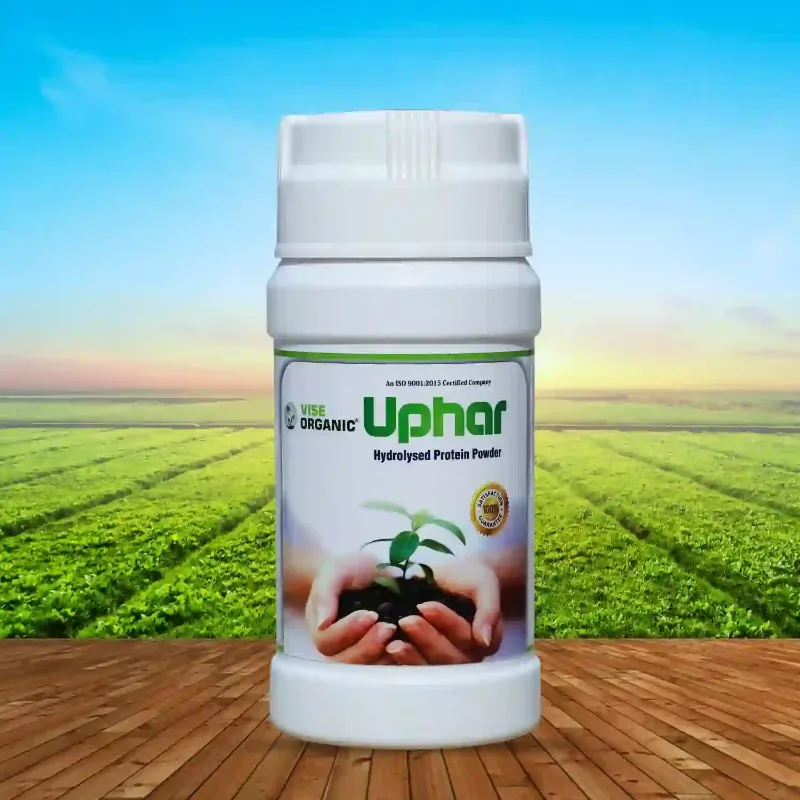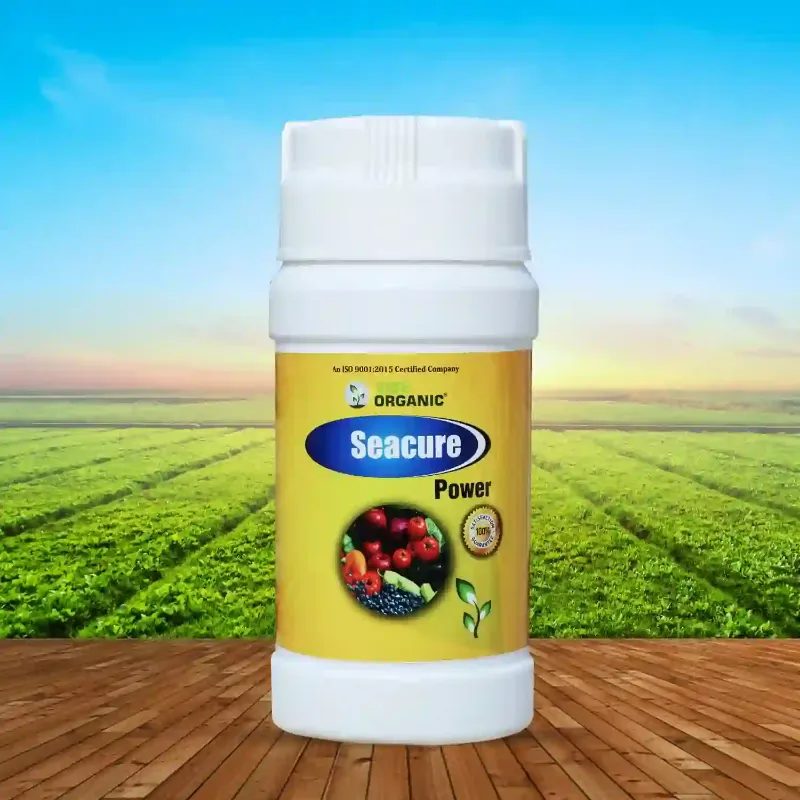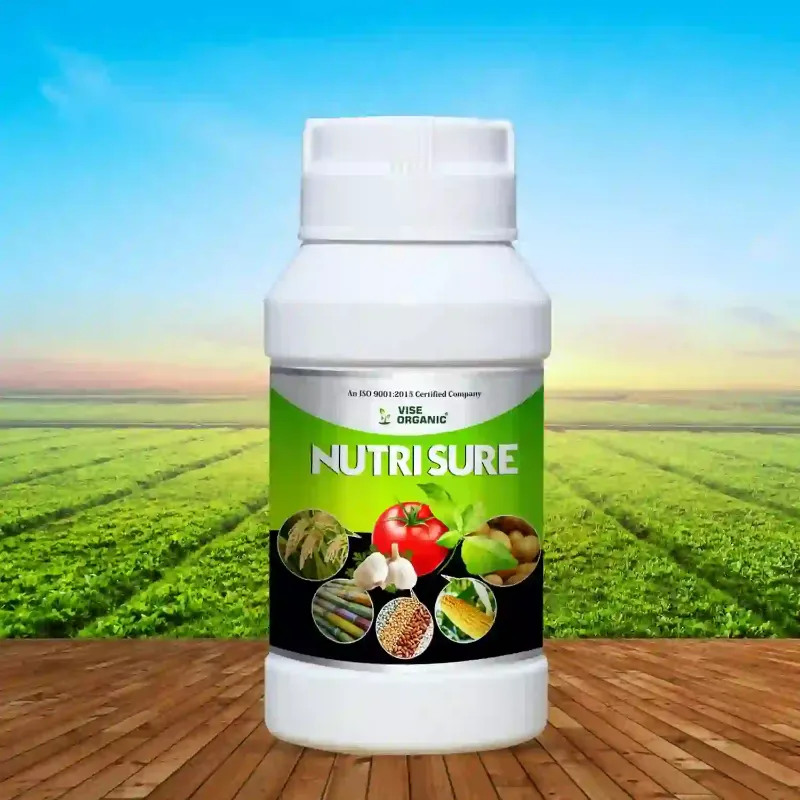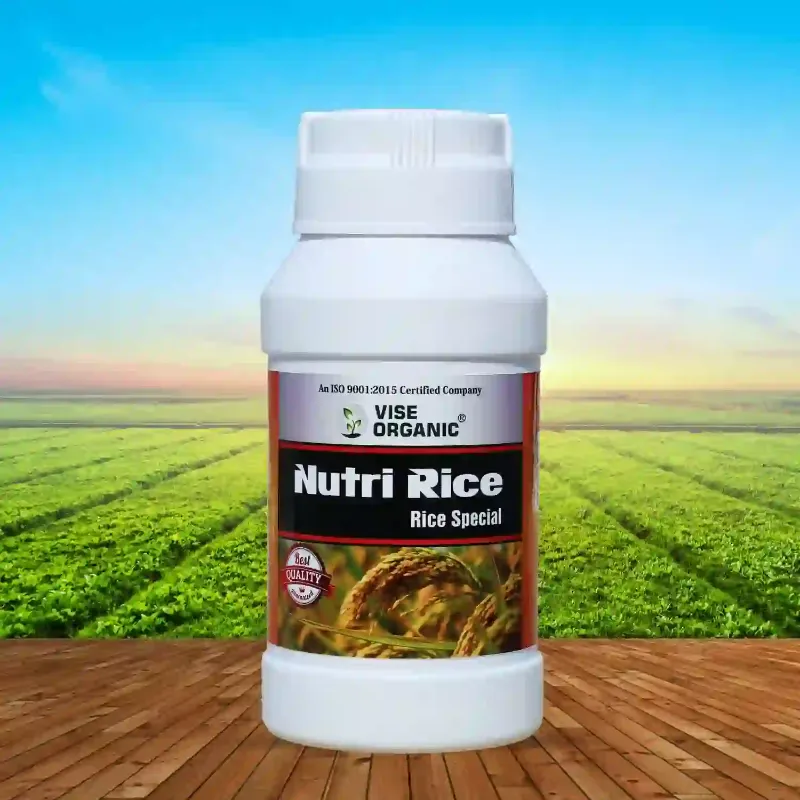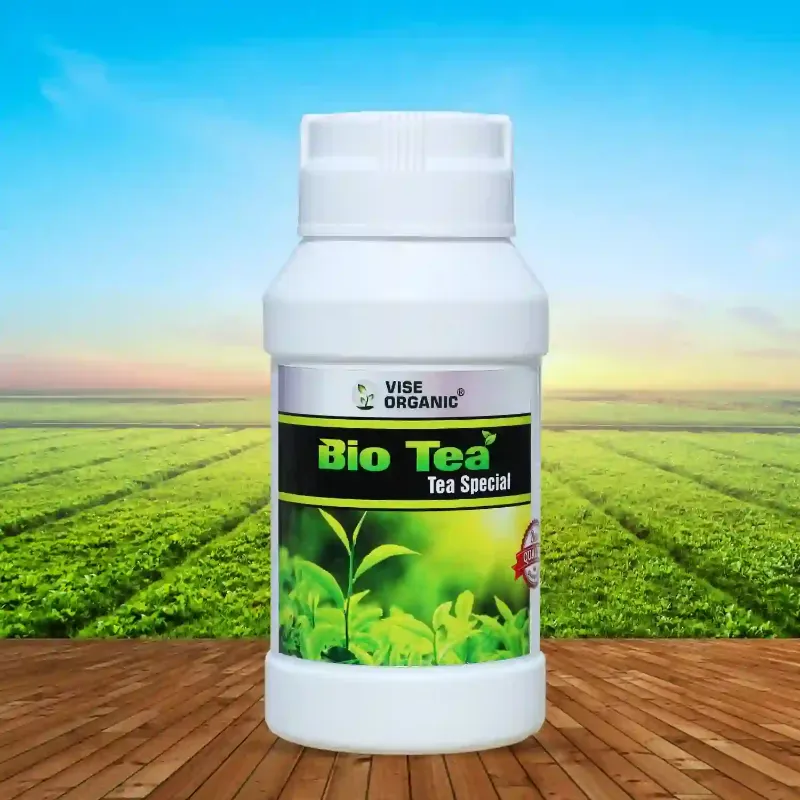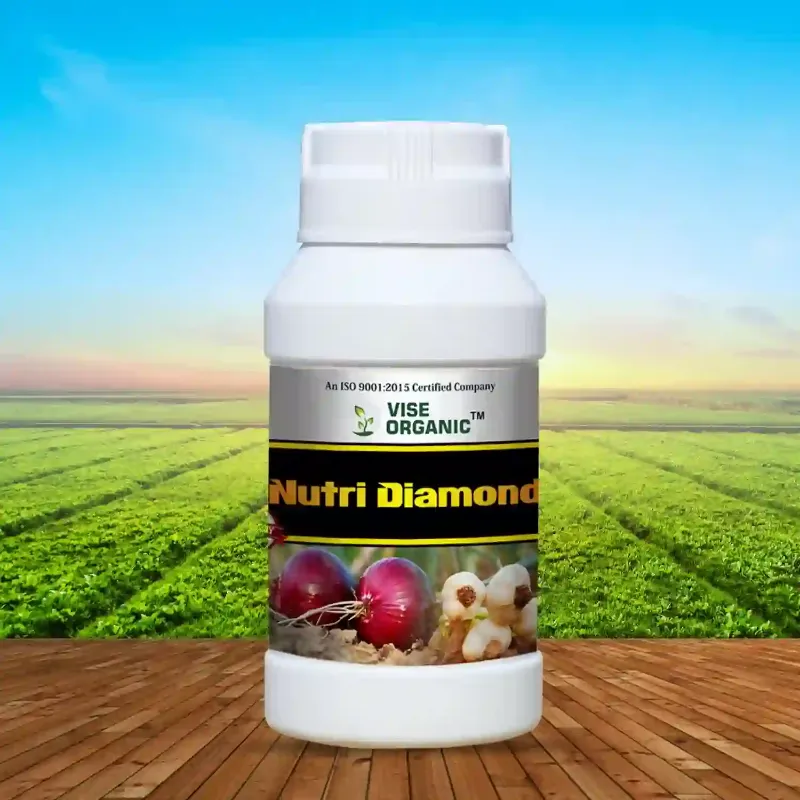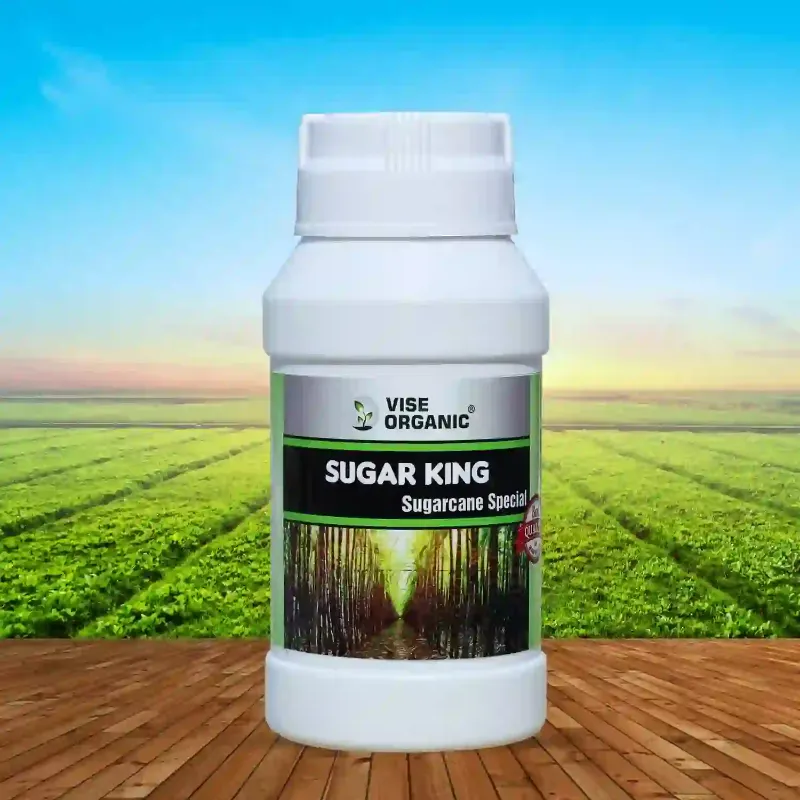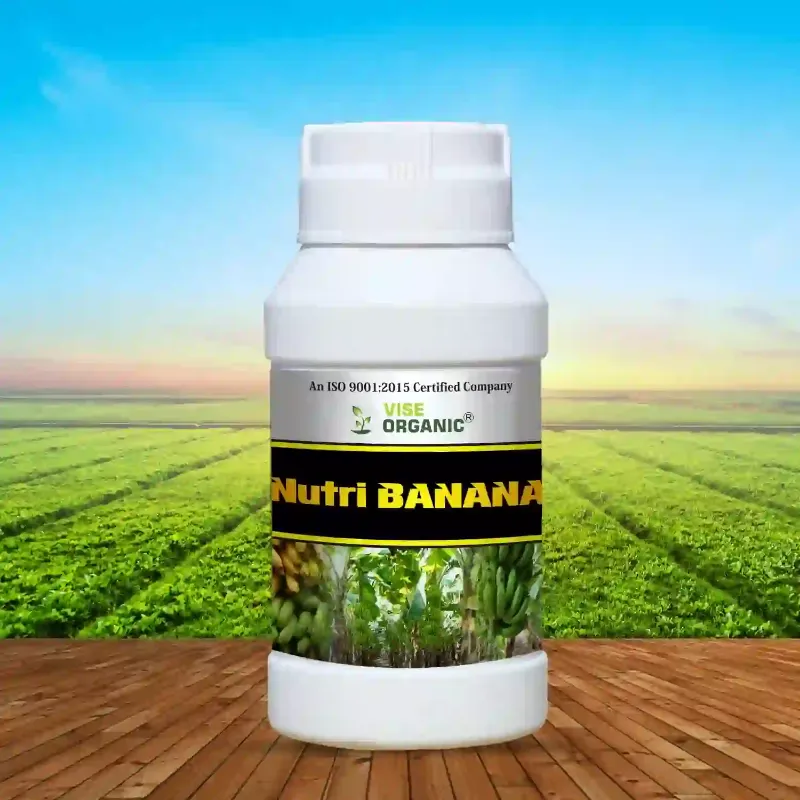In the world of gardening, the quest for sustainable and eco-friendly practices is ever-present. One such practice that has gained popularity among gardeners is the use of homemade compost as a reliable alternative to store-bought fertilizers. Often referred to as “black gold” or “gardener’s gold,” homemade compost offers a plethora of benefits for soil health, plant nutrition, and environmental sustainability.
Nutrient-Rich Soil Amendment
– Homemade compost is a nutrient-rich soil amendment that provides a balanced blend of essential nutrients, including nitrogen, phosphorus, potassium, and micronutrients. Composting organic materials such as kitchen scraps, yard waste, and plant residues results in the decomposition of organic matter by beneficial microorganisms, creating a nutrient-dense humus that enriches the soil and promotes healthy plant growth.
Improves Soil Structure and Fertility
– In addition to supplying nutrients, homemade compost improves soil structure and fertility by enhancing soil texture, moisture retention, and aeration. The organic matter in compost acts as a natural soil conditioner, breaking up compacted soils, increasing water infiltration, and fostering a healthy soil ecosystem teeming with beneficial microbes, earthworms, and other soil organisms.
Reduces Need for Synthetic Fertilizers
– By utilizing homemade compost as a soil amendment, gardeners can reduce their reliance on synthetic fertilizers, which may contain chemicals harmful to the environment and soil biodiversity. Homemade compost provides a sustainable and environmentally friendly alternative that replenishes soil nutrients, supports plant growth, and minimizes the risk of nutrient runoff and leaching into waterways.
Cost-Effective and Sustainable
– Homemade compost is a cost-effective and sustainable gardening practice that utilizes organic materials readily available in the home and garden. By recycling kitchen scraps, yard waste, and other organic matter, gardeners can create nutrient-rich compost at minimal cost while reducing waste sent to landfills and promoting a closed-loop system of nutrient cycling.
Promotes Soil Health and Biodiversity
– Using homemade compost promotes soil health and biodiversity by enriching the soil with organic matter and beneficial microorganisms. Healthy soils support robust plant growth, increase resilience to pests and diseases, and contribute to overall ecosystem health by fostering a diverse and thriving soil food web.
In conclusion, Compost is a reliable alternative to store-bought fertilizers, offering a nutrient-rich soil amendment that improves soil structure, fertility, and biodiversity while reducing the need for synthetic fertilizers. By embracing composting as a sustainable gardening practice, gardeners can nurture healthy, thriving gardens while promoting environmental stewardship and soil conservation for generations to come.

